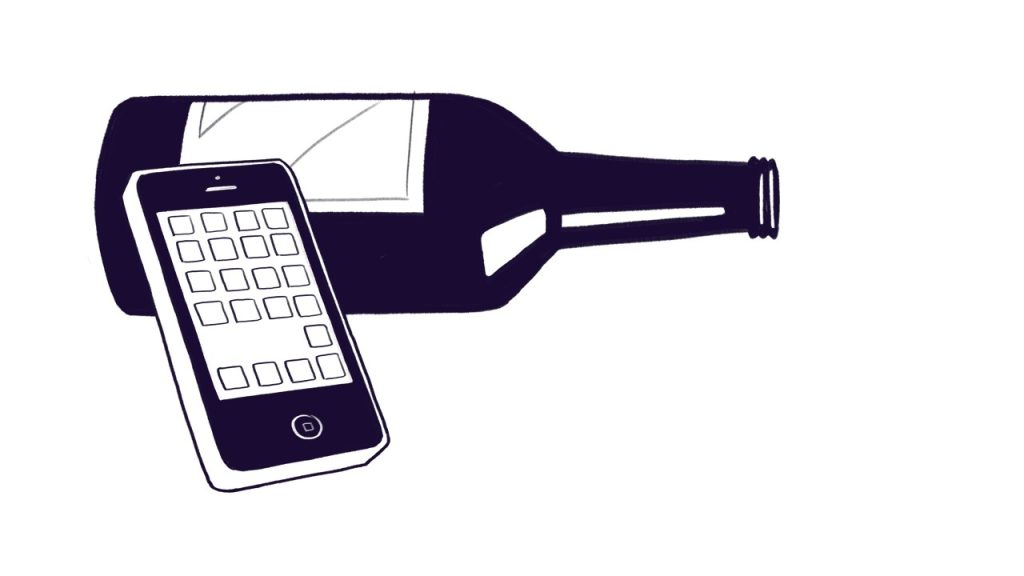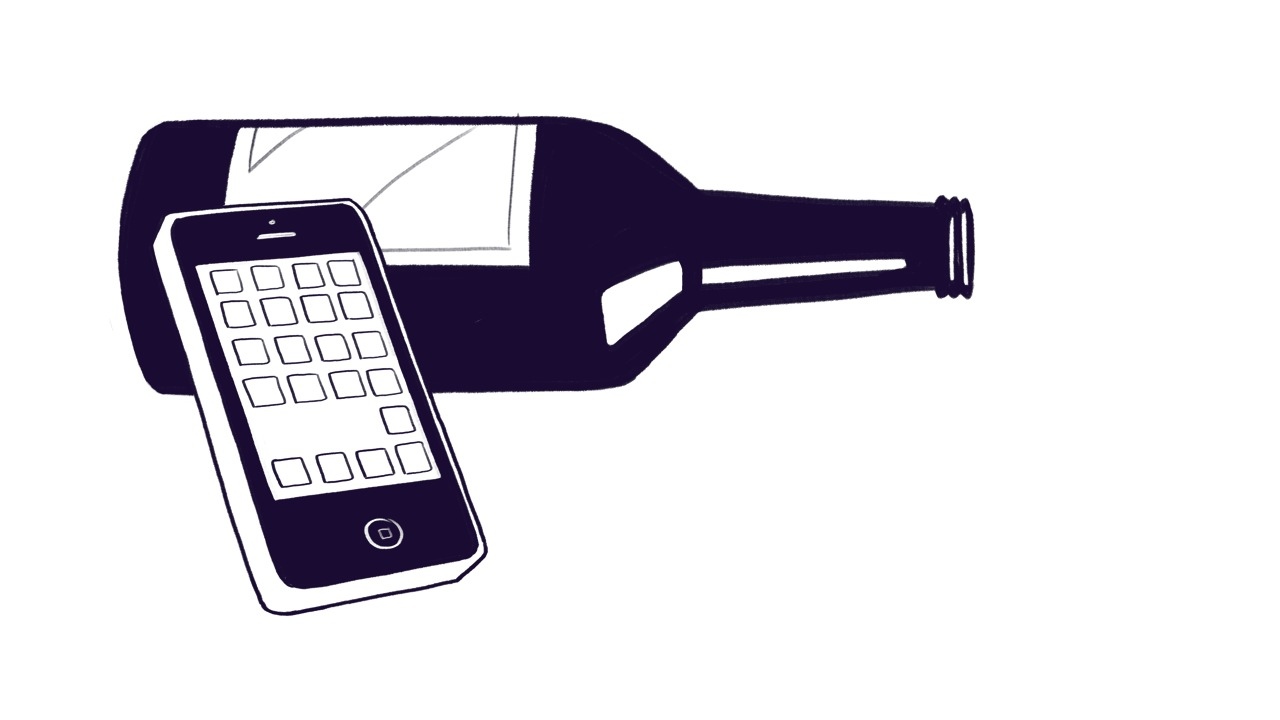Stick to Your Guns!

A mom on our Allies in Recovery member site wrote in about her daughter’s recent relapse. Her daughter has been staying away from home, reconnecting with an ex-boyfriend who was dealing drugs, on a binge drinking heavily and doing coke. She lost her job and is couch surfing. Mom writes: “Should I stick to my guns and not let her stay here if she’s seeing him? It is peaceful here without all her drama. But I worry constantly, I thought she had turned a corner….”
*This post originally appeared on our Member Site blog, where experts respond to members’ questions and concerns. To take advantage of our current special offer and get full access to the Allies in Recovery eLearning program for families, click here.

Illustration © Eleanor Davis
Here is Dominique Simon-Levine’s response to this member’s comment:
Drug and alcohol abuse do create these fast-moving sagas. As a parent it is so hard to stand by and watch your daughter relapse and make very bad decisions. I’m sure other members on this site have been where you are.
It can be hard to accept that your daughter is an adult and free to make these bad decisions. These young adults can be so immature that we often find it hard to accept them as adults.
In the two weeks since you last wrote in, your daughter lost her job and is now couch hopping. Her ex-boyfriend, a drug user, is back in her life. Your home life is quieter and you are sleeping better.
Continue to “Do Nothing”?
The question is do you “stick to your guns,” and continue to do nothing or do you let her come home.
We’ve written elsewhere on this blog about letting a loved one come home. In our opinion, the decision to let a loved one come home should be based on their motivation to try to stay clean and sober and to accept help. Allowing your daughter home while she is still using invites chaos into your home, and may actually extend her “run” by providing her with free and comfortable room and board.
You’ve created a boundary, which I actually see as working. Life is calmer, you’re sleeping. Your daughter’s options are shrinking. She’s lost her job. Since the relapse her use is out of control and this will be picked up by her probation officer. When that happens, you’ll be able to step in and argue for treatment.
Beware of Pointing the Finger
You mention the possibility of allowing your daughter to come home if she is willing to ditch the boyfriend. It is extremely hard to watch our loved ones choose to be with people who are a bad influence, especially when they are romantically linked to that bad influence.
It can be appealing to focus on the boyfriend: get rid of the boyfriend and your daughter will clean up her act. Unfortunately, it rarely works in this order. More likely the boyfriend will stay in the picture until your daughter takes the step to stop using. As she works to recover, she will assess her network and make choices to be with people who are healthy for her to be around.
There is a tendency on the part of parents to blame the intimate partner for their child’s behavior, which too often is not useful. Remember, there is only one key question: are they or are they not using? The answer determines how you respond and the decisions you make. Focusing on the boyfriend confuses the situation. Your daughter will sense you are butting into her affairs and this can cause a rift between you. Your messaging to your daughter can become muddled when you focus on the boyfriend. Ideally: you are available to help with the substance abuse. Period.
Inaction can be Action
I’ve said before that inaction, in certain cases, can be action. You are holding an important line with your stance. I see this as the opposite of doing nothing. You have treatment figured out for her, you continue to maintain communication and to offer your help with treatment, you’re getting some sleep. There is movement. Look into the pros and cons of section 35. We’ve written several articles about section 35 on our member site It is not a panacea but it’s something you can do.
You simply cannot chase her around trying to protect her from herself. Allowing her home wouldn’t make things any safer for her if she’s continuing to use. You are doing what you can.
A membership at Allies in Recovery brings you into contact with experts in the fields of recovery and treatment for drug and alcohol issues. Our learning platform introduces you to CRAFT and guides you through the best techniques for unblocking the situation. Together we will move your loved one towards recovery. Learn more here.
